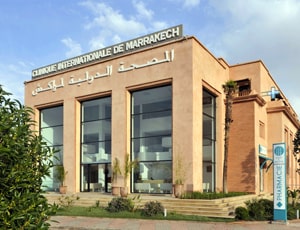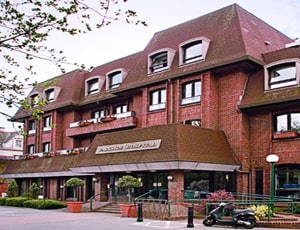Kidney stones are known to be hard deposits formed by the build-up of minerals like calcium or waste products like uric acid in the kidneys. They begin tiny, but as additional minerals adhere to them, they might become larger. Many times the kidney stones do pass on their own and might not require treatment. Other times they are painful or become lodged in the urinary system and may require surgery to be removed. If someone has kidney stones, they may need treatment or surgery to remove them.
Follow up care: Recovery durations do vary by treatment, most patients are fully healed and able to resume their usual activities in six weeks. Many patients feel significantly better within the first week, but caution must be exercised to ensure complete recovery.
Procedures for Resolution of Kidney Stones:
Kidney stones can be treated with any of the following four methods:
Possible Complications and Risks of SWL:
Possible complications post Ureteroscopy:
Possible complications of Percutaneous nephrolithotomy or percutaneous nephrolithotripsy:

Delhi, India
Equipped with more than 50 specialty institutes, Indraprastha Apollo was started with the vision of ...more
![]() Private Rooms
Private Rooms
![]() Translator
Translator
![]() Nursery / Nanny Services
Nursery / Nanny Services
![]() Airport Pick up
Airport Pick up

Marrakesh, Morocco
History Clinique Internationale Marrakech is opened to provide world-class medical services to the ...more
![]() Accommodation
Accommodation
![]() Airport Transfer
Airport Transfer
![]() Choice of Meals
Choice of Meals
![]() SIM
SIM

London, United Kingdom
History Parkside Hospital based in London is currently owned by Aspen Healthcare. Aspen Healthcare ...more
![]() Accommodation
Accommodation
![]() Airport Transfer
Airport Transfer
![]() Choice of Meals
Choice of Meals
![]() Interpreter
Interpreter

Urologist
Zarqa, Jordan
14 Years of experience
USD 80 for video consultation

Kidney Transplant Surgeon
Delhi, India
of experience
USD 40 for video consultation

Urologist & Robotic Surgeon
Ghaziabad, India
17 Years of experience
USD 32 for video consultation

Urologist
Akola, India
5 of experience
USD 20 for video consultation